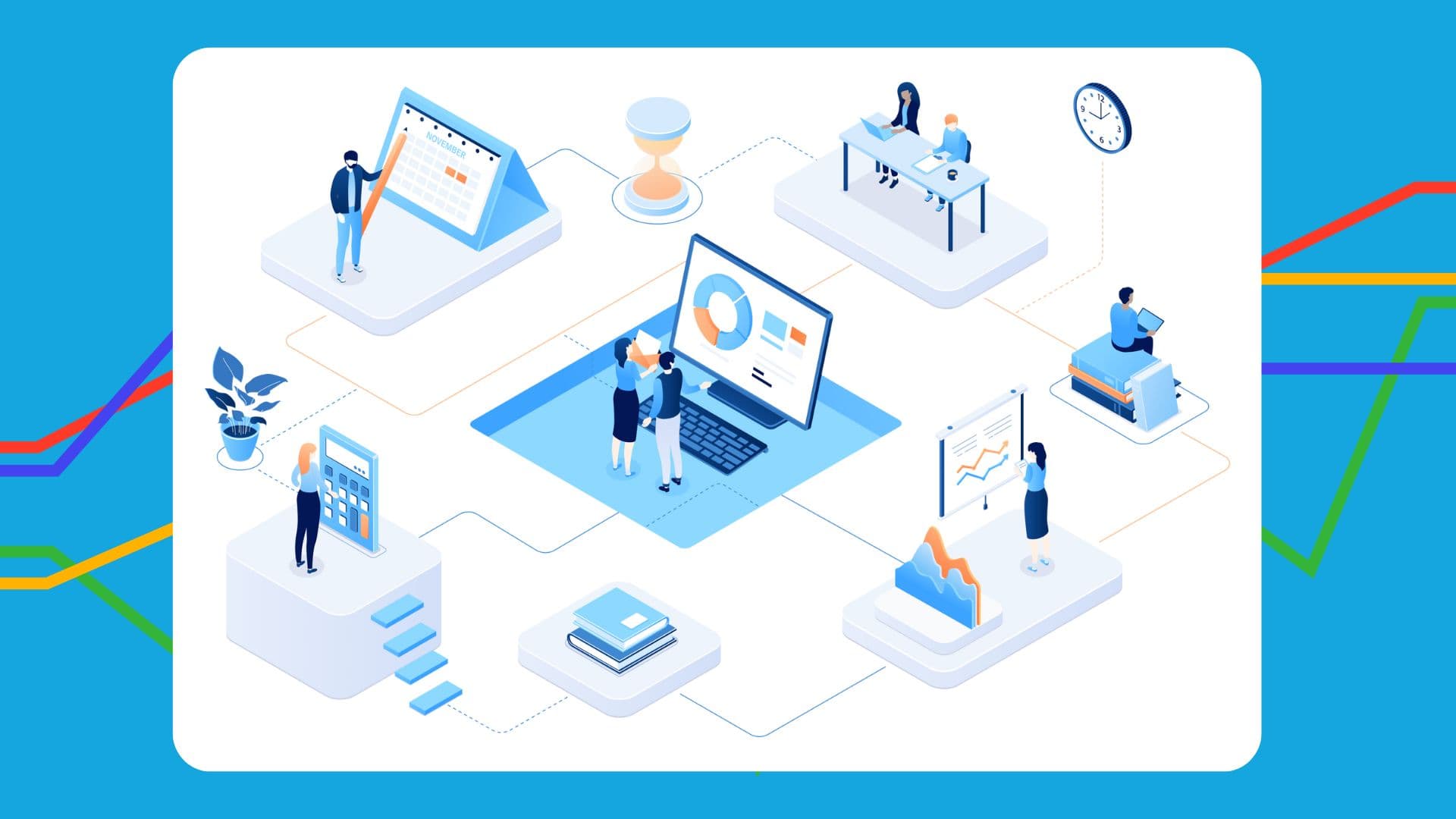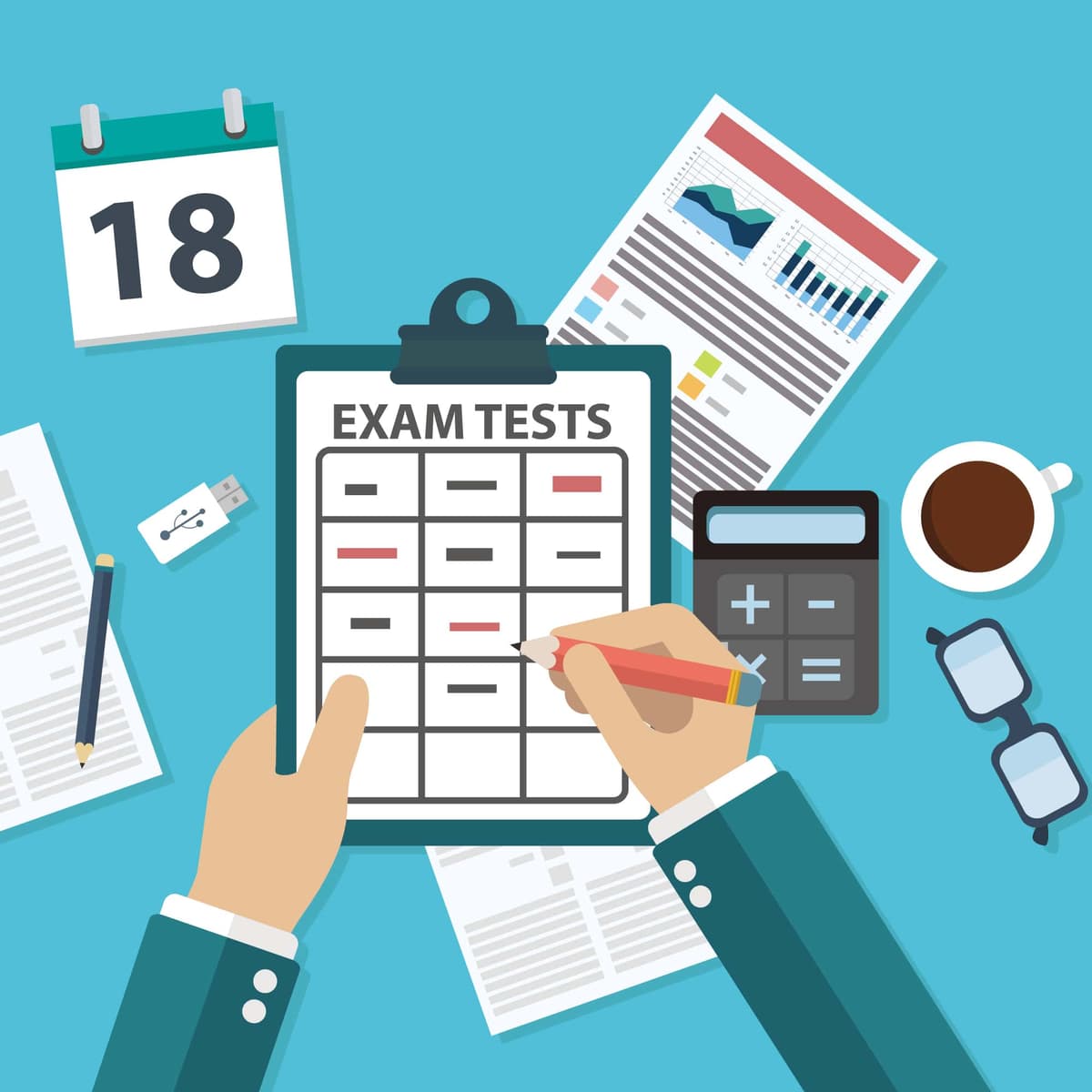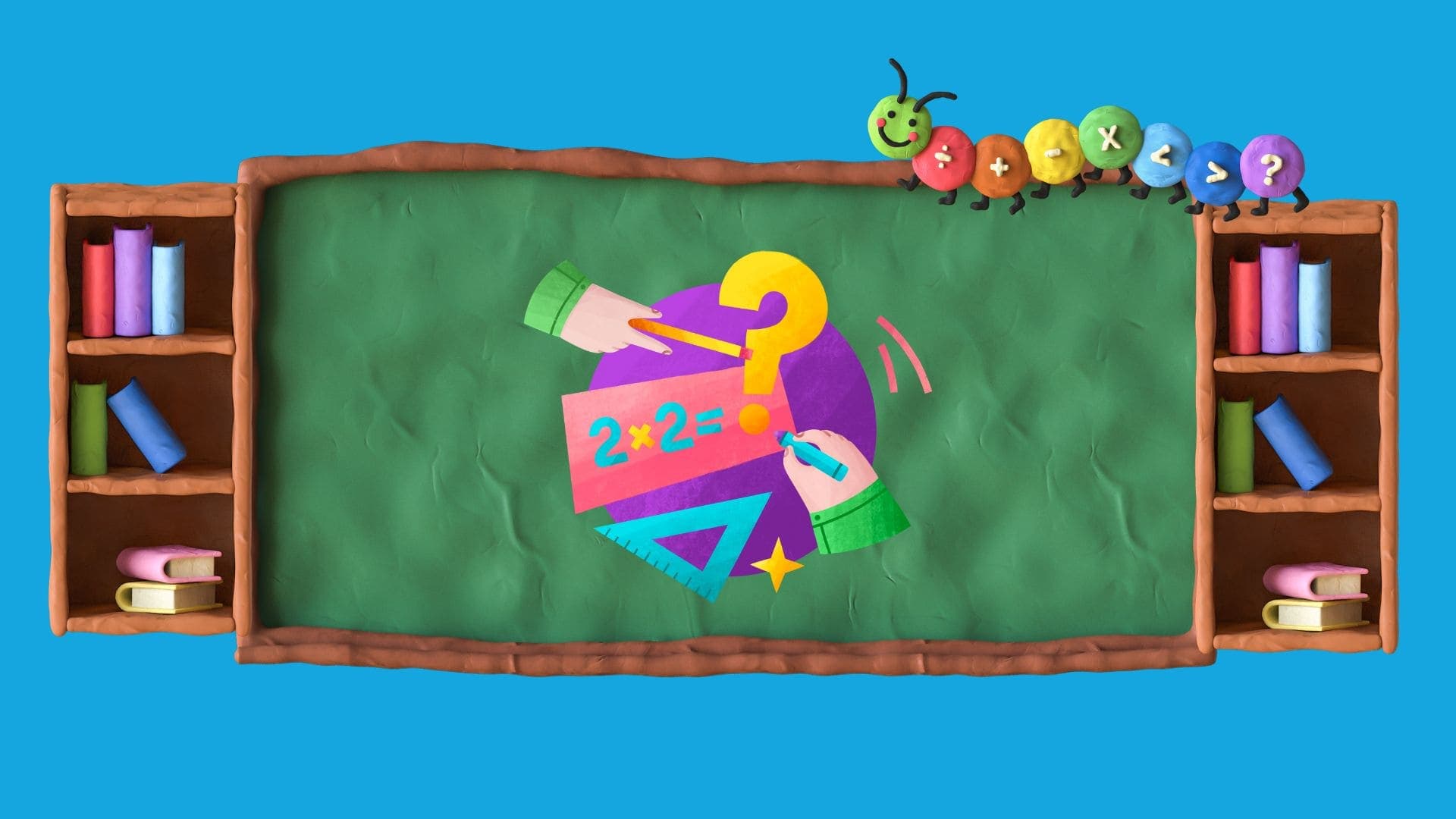
Preparing for licensure or professional-level tests is no small feat, especially for busy professionals juggling work, personal life, and study commitments. Finding the time and energy to dedicate to test preparation while fulfilling other responsibilities can be overwhelming. However, fear not!
This article will explore practical time-management strategies tailored to busy professionals, enabling them to allocate study time efficiently, incorporate test preparation into daily routines, strike a perfect balance between work, personal life, and study commitments, and use effective study techniques. Let’s delve into the world of multitasking mastery!
The key to successful multitasking in test preparation lies in crafting a well-organized study plan. Start by assessing the test content and identifying your strengths and weaknesses. With a clear understanding of the topics that require more attention, create a study schedule that allows you to cover all the necessary material without overwhelming yourself.
Setting realistic goals is an essential aspect of streamlining your study plan. Dividing your test preparation into manageable milestones helps you track your progress and stay motivated. For instance, instead of aiming to cover an entire chapter in one go, break it down into smaller sections. This approach will help you stay focused and motivated, and prevent burnout, as you will experience a sense of accomplishment after completing each segment of your study plan.
Furthermore, consider utilizing time-blocking techniques to enhance your productivity. Time-blocking is a powerful tool for busy professionals. Assign specific blocks of time during the day for studying, and make sure you stick to them. Turn off distractions during these focused periods and commit fully to your test preparation tasks.
For example, if you have an hour of free time between work and dinner, allocate 30 minutes for studying during that window and dedicate the other half-hour to relaxation or personal tasks. This way, you maintain a structured study routine without compromising other aspects of your life.
Leveraging technology can also play a significant role in streamlining your study plan. Take advantage of study apps that offer flashcards, practice questions, and interactive learning experiences.
These apps can be accessed conveniently during short breaks or commuting, helping you squeeze in some productive study time amidst a busy day. By making technology your ally, you can make the most of every spare moment and keep your test preparation on track.

Multitasking doesn’t always mean doing multiple things simultaneously. It can also involve integrating study tasks into your existing daily routine. However, it can sometimes cause stress and anxiety. To avoid those, here are some effective and creative ways to do just that:
If you commute to work or have a daily drive, consider commuting with purpose by listening to educational podcasts or audio summaries related to your test preparation. This way, you can make productive use of your travel time, absorbing valuable information without compromising your daily schedule.
For instance, if you have a 30-minute commute each way, you can listen to a podcast or an audio review during one leg of the journey, converting an hour of commuting time into valuable study time each day.
Your lunch break is another excellent opportunity to integrate test prep into your daily routine. Instead of scrolling through social media or chatting during your lunch break, dedicate some time to quick study sessions.
Carrying study materials with you or accessing study apps on your phone can make this practice more accessible. Even 15-20 minutes of focused study during lunch can add up over time and significantly contribute to your overall test preparation efforts.
The early morning hours offer a peaceful and distraction-free environment for those who can wake up early. Start your day with a cup of coffee and focus on studying before the world awakens. This habit boosts productivity and sets a positive tone for the rest of the day.
Waking up 30 minutes earlier daily can accumulate several hours of extra study time each week. This is particularly effective for professionals with busy evenings or unpredictable schedules.
Effective study techniques are essential to maximize your study time and enhance retention. Multitasking in test preparation also involves employing strategies that optimize your learning experience. Here are some effective study techniques for busy professionals:
The Pomodoro Technique is a time-management method that involves breaking your study time into intervals. Typically, you study for 25 minutes (a “Pomodoro”) and a 5-minute break.
After completing four Pomodoros, take a more extended break of 15-30 minutes. This technique keeps you focused and prevents mental fatigue, allowing efficient multitasking.
Active recall is a powerful study technique where you actively retrieve information from memory rather than passively reviewing notes or textbooks. For example, after studying a topic, close your books and try to explain the concepts out loud or on paper.
This process strengthens your understanding and improves long-term retention.
Mock tests are an invaluable resource for test preparation. They simulate the actual test environment, familiarizing you with the format, time constraints, and types of questions.
Incorporate regular mock tests into your study schedule to assess your progress and identify improvement areas. You can level your assessment up further by utilizing some of the best assessment software in the market.
A note though, while incorporating mock tests into your study routine is crucial for test preparation, protect yourself from identity theft when subscribing with your personal details. Ensure you choose secure websites and even get reliable identity theft protection if you want to experience reliable id protection against potential data breaches.
Multitasking effectively also means balancing work, personal life, and test preparation. Here are some strategies to help you strike that balance.
Understanding your priorities is crucial when balancing a busy schedule. Prioritize tasks based on their significance and deadlines. Identify which tasks are urgent, important, and can be deferred.
Allocating time and energy to tasks based on their priority ensures that you stay on track without feeling overwhelmed. For example, if you have an important work presentation due in two weeks and your test is a month away, dedicate more time to the presentation and gradually increase your study time as the test date approaches.
As a busy professional preparing for a test, it’s essential to acknowledge your limits and learn to say no when necessary. Politely declining additional commitments or social events that might interfere with your study schedule can be challenging, but it’s necessary to maintain focus and manage your time effectively. Your friends and family will understand the importance of your goals and will support your efforts.
Involve your support system in your test preparation journey. Communicate your test preparation goals to your friends, family, or colleagues. Let them know about your commitments and the importance of uninterrupted study time. Your support system can create an environment conducive to studying and provide understanding during this period.
For example, if you have young children, your partner can take on some additional responsibilities to free up study time for you. Your friends can plan social activities that allow for breaks and relaxation without disrupting your study schedule.
In the midst of juggling work, personal life, and study commitments, it’s crucial not to overlook the importance of relaxation and mental rejuvenation. Engaging in enjoyable activities that help you unwind can be a game-changer. For instance, consider taking a breather with games like Online Solitaire or World of Card Games. These games, while providing a fun break, can also serve as a tool to enhance your focus and concentration, skills that are undeniably beneficial for both work and test preparation.

Mastering multitasking in test preparation requires smart time management, integration into daily routines, effective study techniques, and a balanced approach to life’s commitments. As a busy professional, staying organized, setting realistic goals, and leveraging technology will undoubtedly aid your journey toward success.
Remember, multitasking doesn’t mean overloading yourself with multiple tasks; rather, it’s about optimizing your time and energy to maximize each moment.
With determination, discipline, and these strategies in your arsenal, you can confidently conquer your licensure or professional-level test, paving the way for a rewarding and fulfilling career.

Traditionally, homework has been an extension of classwork that enhances learning. In the recent past, the role and efficacy of homework in elementary education have been topics of intense debate. Parents, educators, and policy framers often grapple with questions about the appropriateness, amount, and gains students derive from homework. Recent research explains this issue, offering …

Stuck at home and still need to prepare for an exam? We share study tips honed from years of e-learning experience.

Being a teacher can require you to handle many stressful situations. Here are a few tips and words of encouragement to help you maintain good mental health and self care practices while teaching.